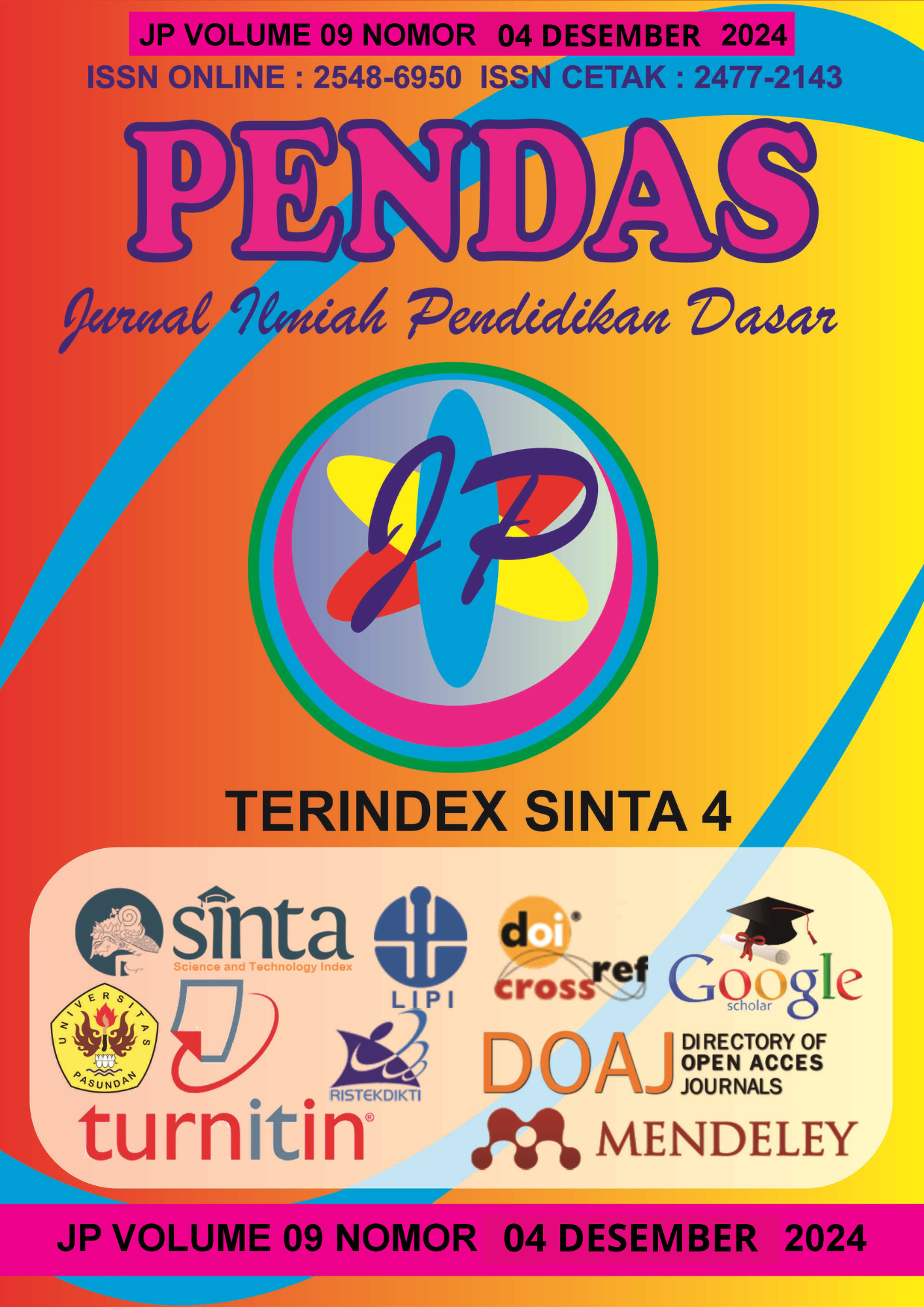IMPLEMENTASI PEMBELAJARAN LITERASI FINANSIAL DI SEKOLAH DASAR
DOI:
https://doi.org/10.23969/jp.v9i04.19864Abstract
The results of a survey by the OJK in 2022 stated that the financial literacy knowledge of the Indonesian population reached 49.68% (Krisdayanthi & Wijaya, 2023) The importance of financial literacy education in primary schools to direct students to understand, assess and act on their financial well-being (Ishmuhametov & Kuzmina-Merlino, 2017; Maulana & Kurniasih, 2021). This article aims to present information about the implementation of financial literacy learning in elementary schools. The method used in this study is PRISMA (Preferred Items for Systematic Reviews and Meta-Analysis) which consists of three steps, namely identification, screening, and inclusion. The number of articles found is 16,400 articles from 2020 to 2024. Based on the PRISMA 2021 guide, there are 14 articles considered for in-depth review. The limitations of the selected studies on peer-reviewed journals show that the implementation of financial literacy in elementary schools has a positive impact on developing students' awareness of financial management, which can be seen as an increase in understanding and knowledge about financial literacy. So it can be concluded that the implementation of financial literacy is very important to be carried out in elementary schools.
Downloads
Published
Issue
Section
License
Copyright (c) 2025 Pendas : Jurnal Ilmiah Pendidikan Dasar

This work is licensed under a Creative Commons Attribution 4.0 International License.



















